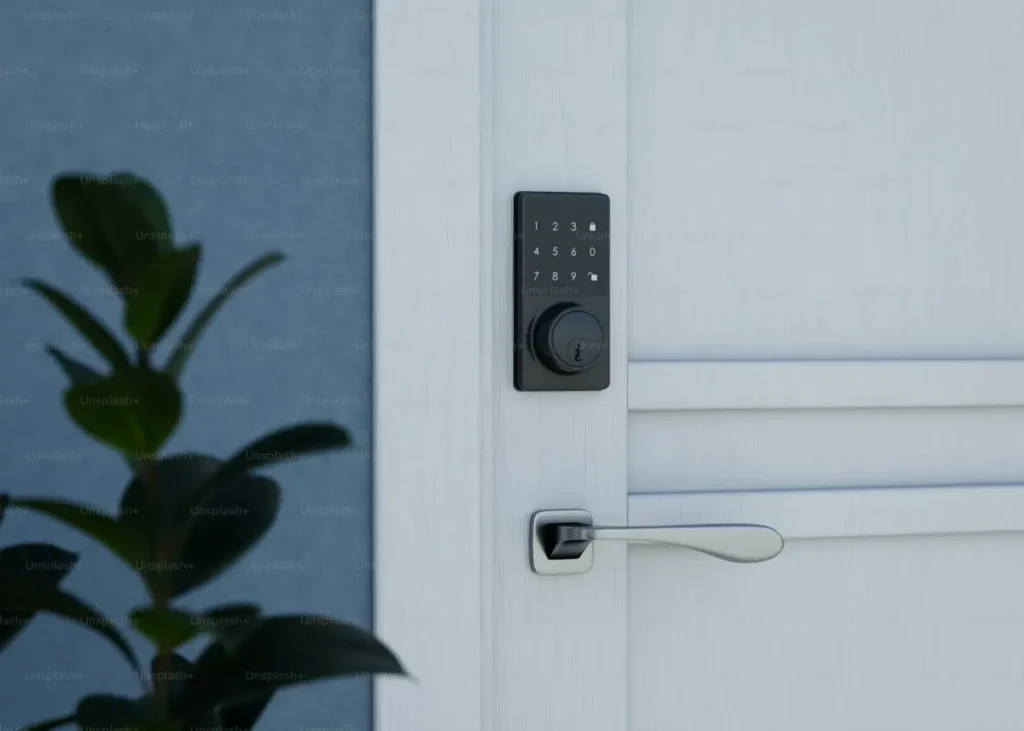You can’t automate emotional intelligence. And in a world full of automation, that’s exactly what makes it valuable. The ability to read a room, stay calm under pressure, and respond with empathy is what separates decent professionals from great ones. But how do you actually learn those skills?
Surprisingly, more people are turning to virtual acting classes — not to perform, but to practice awareness, control, and connection in real time. This article breaks down how acting techniques are helping professionals strengthen emotional intelligence in ways that stick.
Why Emotional Intelligence Matters More Than Ever
Communication moves faster now — and often without context. We work across time zones, cultures, and platforms where tone can get lost and misunderstandings happen in a blink. That’s why emotional intelligence has gone from soft skill to survival skill.
Whether you’re leading a team or sending a voice note, people aren’t just paying attention to what you say. They’re picking up on how you show up. Can you stay grounded when plans fall apart? Can you respond without reacting? Can you connect without overexplaining?
The most effective professionals in 2025 know how to manage their own emotions and read the signals in others. Emotional intelligence shows up in better decisions, stronger relationships, and calmer conversations — especially when things get tense.
And unlike technical skills, emotional intelligence doesn’t max out. It deepens with practice. The challenge? Most people never get a chance to actually practice it in a way that feels real. That’s where acting classes are stepping in — and changing how people show up, speak up, and handle pressure.
How Acting Techniques Build Emotional Intelligence
According to Julia Monteon, Actress, Writer, Producer, and Founder of FACTOR International Acting School, “Actors aren’t just memorizing lines — they’re learning how to feel, respond, and stay present in the moment. And those exact skills are at the heart of emotional intelligence.”
Scene work, for example, trains people to pick up on tone, subtext, and body language — things that most people miss in fast-paced conversations. Instead of jumping to conclusions, actors are taught to listen, not just wait for their turn to speak. That builds awareness.
Then there’s improvisation. It forces you to stay open, flexible, and calm when things don’t go as expected. You have to respond without overthinking — while still staying emotionally connected. That’s the kind of mental agility most professionals need when conversations go off-script.
Acting also gives people a better sense of emotional control. Not suppression — but range. You learn how to express frustration without sounding defensive. How to show enthusiasm without rambling. How to use your tone and energy in a way that matches the moment.
Over time, these skills become less like acting — and more like instinct. They bleed into real conversations, meetings, and moments where composure and connection make all the difference.
Why the Virtual Format Actually Helps
In-person acting classes used to be the standard. But virtual formats are offering unexpected advantages — especially for people who want real-world communication skills, not stage experience.
For starters, Zoom sessions force you to focus on what really matters in remote settings: voice, facial expression, and presence. You can’t rely on full-body movement or physical staging. You have to learn how to connect in a small frame — which mirrors how most people communicate at work today.
Virtual classes also lower the pressure. You’re not walking into a theater full of strangers. Most sessions happen in small groups or one-on-one, where people feel safer experimenting and making mistakes. That safety is essential for practicing emotional expression.
Plus, the feedback is real-time and personal. Instructors can spot hesitation, overthinking, or emotional disconnect in a way that friends and coworkers often can’t (or won’t). That kind of honest reflection builds awareness fast.
And the best part? You can practice consistently, on your own time, without having to rearrange your life. Emotional growth becomes part of your weekly routine — and that consistency is what turns new awareness into real, reliable skills.
Who’s Actually Using These Skills in Real Life
The benefits of emotional intelligence show up fast — not just in performance, but in everyday professional situations. And the people enrolling in these virtual acting classes aren’t looking to be entertainers. They’re founders, managers, salespeople, educators, and service professionals who want to handle human interactions better.
Take managers, for example. Many struggle to give feedback that’s honest but not harsh. After just a few sessions, they start using tone more intentionally. They pause more. They listen without jumping in. Their team responds better — not because they’ve changed the message, but because the delivery feels human.
Founders use the skills to become more compelling on camera — not by being louder, but by being more grounded. The same applies to client-facing roles. Acting training helps people slow down, hold emotional space during tough conversations, and express clarity without force.
Teachers and therapists are also joining in — using acting exercises to build better rapport, manage classroom energy, and stay emotionally available without burning out.
No matter the role, the result is the same: better emotional awareness, better expression, and more trust. These skills don’t just help in performance. They help in life — where every conversation is a chance to either connect or lose someone.
What the Best Programs Focus On
Not all acting classes build emotional intelligence. The best ones aren’t focused on performance — they’re focused on presence.
These programs prioritize scene work, improvisation, and emotional accessibility. They don’t just ask you to “act happy” or “look confident.” They guide you through recognizing your habits, shifting them in real-time, and exploring new ways to respond — without feeling fake.
Classes often start with breathwork, grounding, and voice control. These aren’t just warmups — they’re tools. They help you manage anxiety, reset your energy, and stay present during tough moments.
Then there’s the emphasis on observation. You’ll start picking up on how others communicate — subtle facial movements, changes in tone, emotional patterns. That feedback loop builds not only self-awareness, but social awareness too.
Programs that blend acting techniques with coaching or communication frameworks tend to have the strongest real-world impact. You’re not just “playing” emotions — you’re learning to access and manage them, then use that skill everywhere else in your life and work.
These classes don’t promise transformation in one session. But with weekly practice and honest feedback, they create space for steady growth — and emotional clarity that sticks.
Wrap-Up
Emotional intelligence isn’t something you memorize — it’s something you train. And that’s why virtual acting classes are gaining serious traction among professionals who want to communicate better, lead with empathy, and show up with calm, confident presence.
These programs give you space to practice skills that most people ignore: listening with intention, expressing emotion clearly, and staying composed when things get messy. They’re not about performing — they’re about connecting.
If you’ve ever walked away from a conversation wishing you’d said something differently, or struggled to express yourself without overthinking — this kind of training might be worth exploring. It’s low-stakes, high-impact, and surprisingly effective for anyone who wants to grow beyond the basics.




